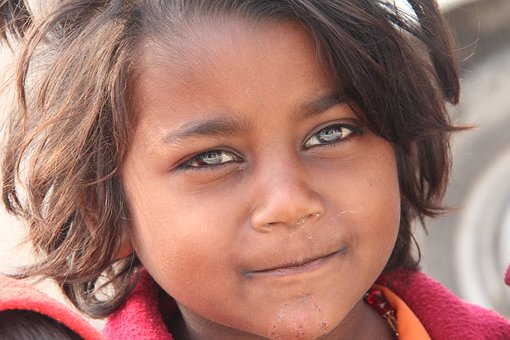 The discussion of this topic aims to enhance the role of relationships in an educational experience, with a particular view to family life. There are many factors which contribute to the building of a family, but I believe the most important is the relationship between family members. This is the instrument through which “I” becomes “we”, from being single we can become a family. It is the “place” where we educate each other.
The discussion of this topic aims to enhance the role of relationships in an educational experience, with a particular view to family life. There are many factors which contribute to the building of a family, but I believe the most important is the relationship between family members. This is the instrument through which “I” becomes “we”, from being single we can become a family. It is the “place” where we educate each other.
But what kind of relationship are we talking about? What kind of education is behind this? And most important, what is the point of view and the contribution of a child to this experience?
This is why the title is “With the eyes of a Child”.
The daily experience of being a family is made up of many small but concrete things, but rarely do we ask what is the point of view of a child.
What is he thinking? How is he living? What is he feeling?
If being a family is a relationship experience, the secret of making of this relationship a chance to grow together is to try to constantly understand the point of view of the other members, therefore also of the children. A community, and therefore a family, can educate only through full recognition and appreciation of the other members. The effect of this process is not only of singular growth but growth of all the community, of all the family. In this reciprocal experience each person feels free and at the same time part of something important.
In this perspective, another aim of this workshop is to propose a new vision of a child: not only as being needy and fragile, but as an active co-builder of personal relationships.
Not just as the object of adult attention, but an entity, through his own particular wisdom, sensitivity, creativity and involvement, which offers an indispensable contribution to the growth of society.
Chiara Lubich said that “we must not see children as being just children, but children with a soul. The soul is neither big or small ”. Then she said “we must give everything to children, but in their language.”
Françoise Dolto, the famous French psychologist, said that “whoever constantly makes an effort to listen to the answers of children is a revolutionist”.
The more we learn about children, the more we can understand how to GIVE to them and what we can LEARN from them: this is what reciprocal education means in a relationship.

